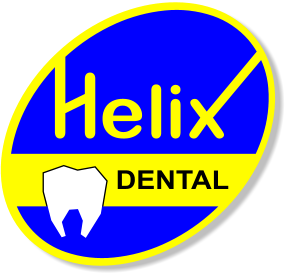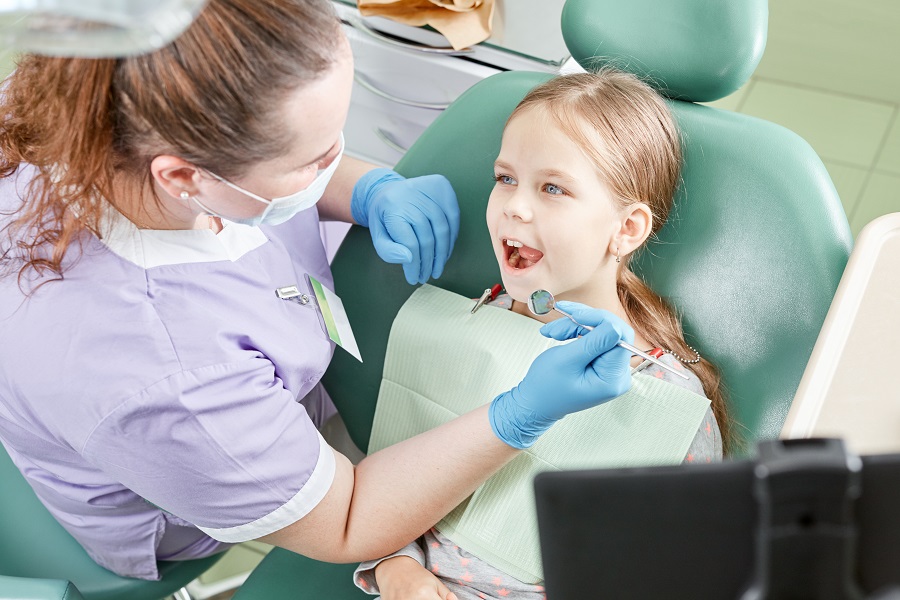
Tooth Extractions and Oral Health
Tooth extraction, also known as dental extraction or tooth removal, is a dental procedure in which a dentist or oral surgeon removes a tooth from its socket in the jawbone. This procedure is typically performed when a tooth is severely damaged, decayed, infected, or impacted, causing significant pain or posing a risk to oral health. Tooth extractions can range from simple extractions, where visible teeth are removed with local anesthesia, to more complex surgical extractions required for impacted or broken teeth and may involve sedation or general anesthesia. After extraction, patients may need post-operative care to manage pain and ensure proper healing of the extraction site. At Helix Dental, tooth extractions are a standard procedure to alleviate pain and preserve oral health.
Types of Tooth Extractions
Simple Extractions
A simple extraction is the most common type of extraction in Florham Park, NJ. This procedure involves loosening and removing the tooth using forceps. The dentist will numb the area with a local anesthetic before extracting the tooth. The dentist may break the tooth into smaller pieces for easier removal if necessary.
Surgical Extractions
A surgical extraction may be necessary if the tooth is not easily accessible or if it needs to be removed in pieces. This type of extraction requires making a small incision in the gum to access the tooth. Sometimes, the dentist may need to remove some of the surrounding bone to remove the tooth.
The Procedure for Tooth Extractions
Before extracting the tooth, the dentist in Florham Park, NJ, will numb the area with a local anesthetic. If you are having multiple teeth removed, you may be given a sedative to help you relax during the procedure. Once the area is numbed, your dentist will use special tools to loosen and remove the tooth.
Following your tooth extraction, it is essential to follow all aftercare instructions provided by your dentist. These may include avoiding certain foods and activities, such as smoking, drinking through a straw, and rinsing your mouth vigorously. You may also be prescribed antibiotics to help prevent infection. It is essential to take these medications exactly as directed.
The Benefits of Tooth Extractions
Prevent the Spread of Infection
If a tooth becomes severely infected, the infection can spread to surrounding teeth and jawbone. This can cause further damage to the tooth and jaw and lead to other health issues. Extracting the tooth can prevent this spread.
Relieve Pain
An infected tooth can be extremely painful. Removing the tooth can relieve the pain and prevent it from recurring.
Eliminate Crowding
Sometimes, teeth are too crowded in the mouth. In these cases, an orthodontist may recommend extracting one or more teeth to allow the other teeth to shift into place.
If you are experiencing tooth pain, visit Helix Dental at 15 James St, Suite 1, Florham Park, NJ 07932, or call (973) 377-8668 to determine if you need an extraction.
Location
15 James St Suite 1,
Florham Park, NJ 07932
Office Hours
MON9:30 am - 5:30 pm
TUE - WED9:00 am - 6:30 pm
THUClosed
FRI9:00 am - 6:30 pm
SAT9:00 am - 2:00 pm
SUNClosed






comments